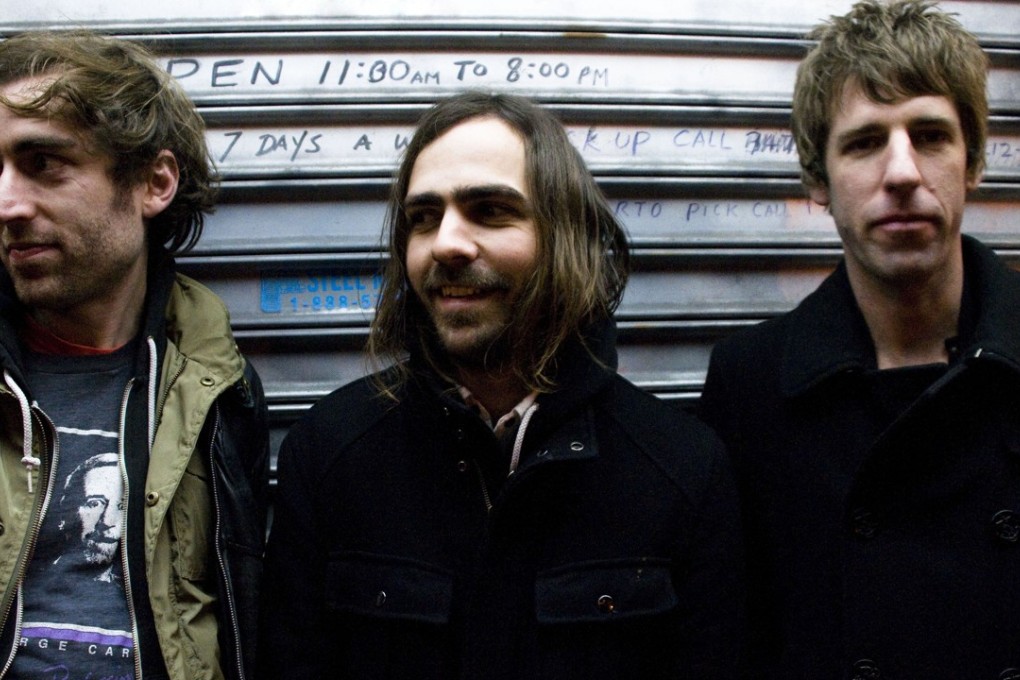The influential band you’ve never heard of: A Place to Bury Strangers return to Hong Kong
Despite keeping a low profile, New York band APTBS have inspired countless bands over their 15-year history. We talk to lead singer Oliver Ackermann about why they refuse to be pigeonholed and are not looking for fame

Like the Velvet Underground of their day, APTBS have inspired some of the most important bands of their generation without breaking cover from the cult circuit.
And that’s all down to main man Oliver Ackermann. The singer, guitarist and songwriter has determinedly kept things low-key all this time.
Banned in China: why some of music’s top stars are blacklisted by Beijing
Even after their most recent album, 2015’s Transfixiation, took the band to the brink of world stardom with its haunting, feedback-drenched goth rock, Ackermann decided that was far enough.
“We made a wild story video, which was really fun, with a friend of ours who is a photographer. We picked up with an effects-pedal company and sort of created and invented a lot of different electronic effects units, and we got deep into that world with a bunch of other electronic engineers and artists,” Ackermann drawls from his home in New York’s Ridgewood district.
“We always have to destroy what we’ve done in the past and move forward so it becomes a whole new thing.”
Ackermann is not a rock star in the traditional sense, as fans in Hong Kong will discover when APTBS play Mom Livehouse in North Point on December 16.